Sustainable Development Goals
Supporting the UK Government in their commitment to the Sustainable Development Goals (SDGs)
The 17 Sustainable Development Goals (SDGs) were adopted by all UN member states in 2015 and address the global challenges we face, including those related to poverty, inequality, climate change and environmental degradation. As part of UK Government, the Met Office is supporting the UK's contribution to the SDGs. The examples below provide information on some of the ways we are doing this.
Goal 1 - No poverty
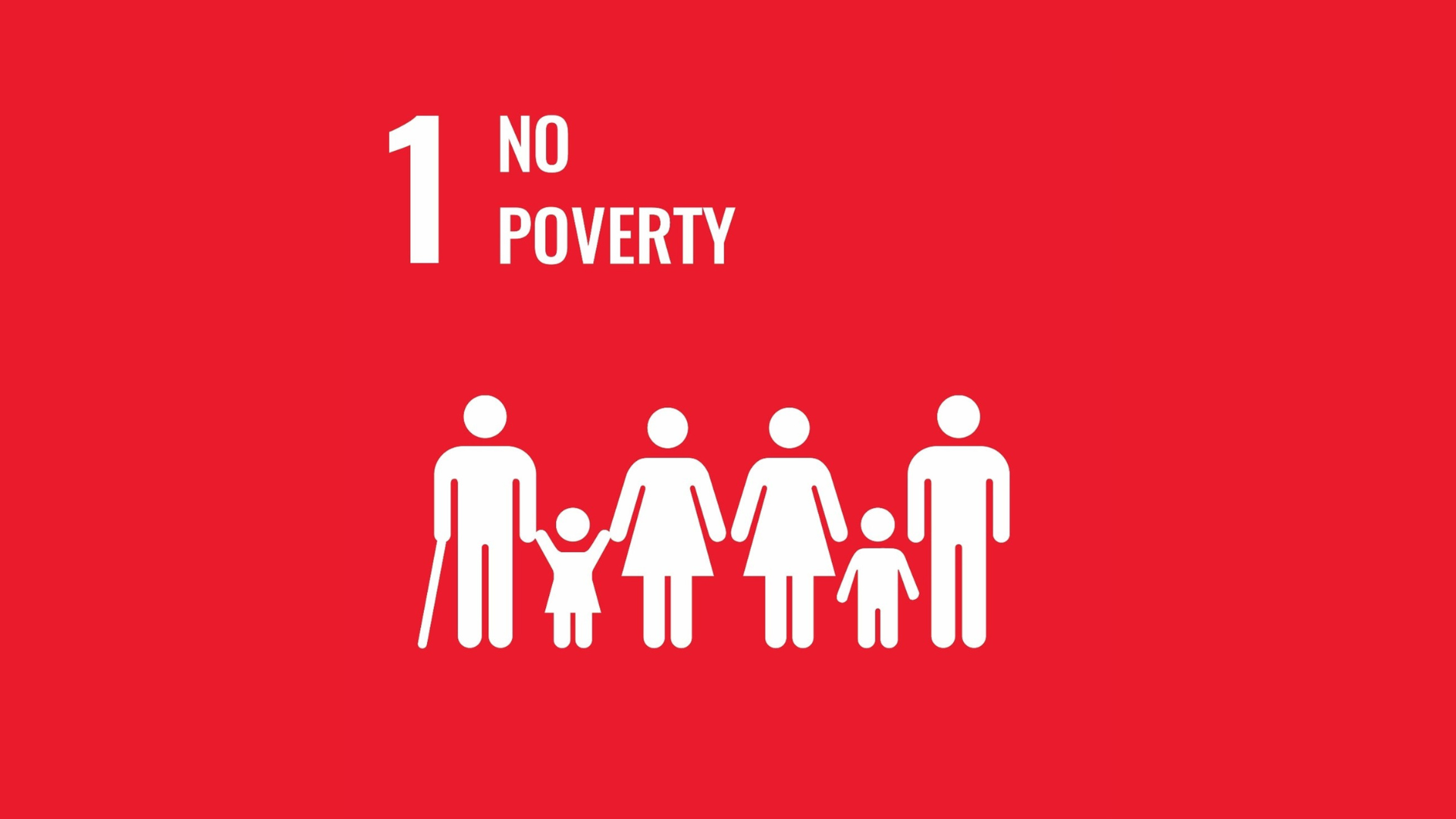
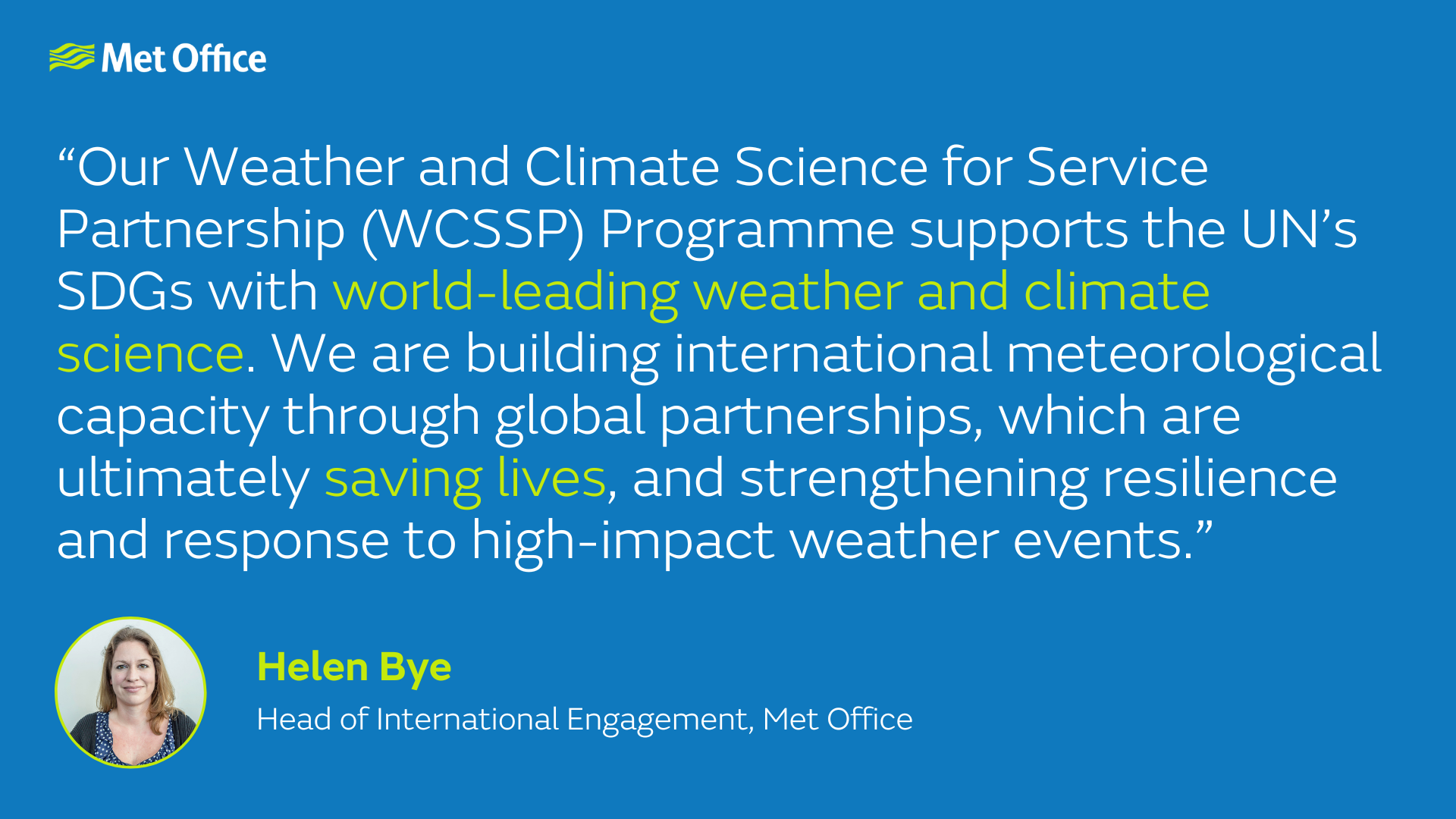 Eradicating extreme poverty by 2030 is a pivotal goal. Poverty has many dimensions, some of its causes include high vulnerability of certain populations to disasters, diseases and other phenomena which prevent them from being productive. The WCSSP Programme has been developing a global network of partnerships that harness the weather and climate scientific expertise of UK and partner countries to strengthen the weather and climate resilience of vulnerable communities around the world since 2014.
Eradicating extreme poverty by 2030 is a pivotal goal. Poverty has many dimensions, some of its causes include high vulnerability of certain populations to disasters, diseases and other phenomena which prevent them from being productive. The WCSSP Programme has been developing a global network of partnerships that harness the weather and climate scientific expertise of UK and partner countries to strengthen the weather and climate resilience of vulnerable communities around the world since 2014.
Goal 2 - Zero hunger
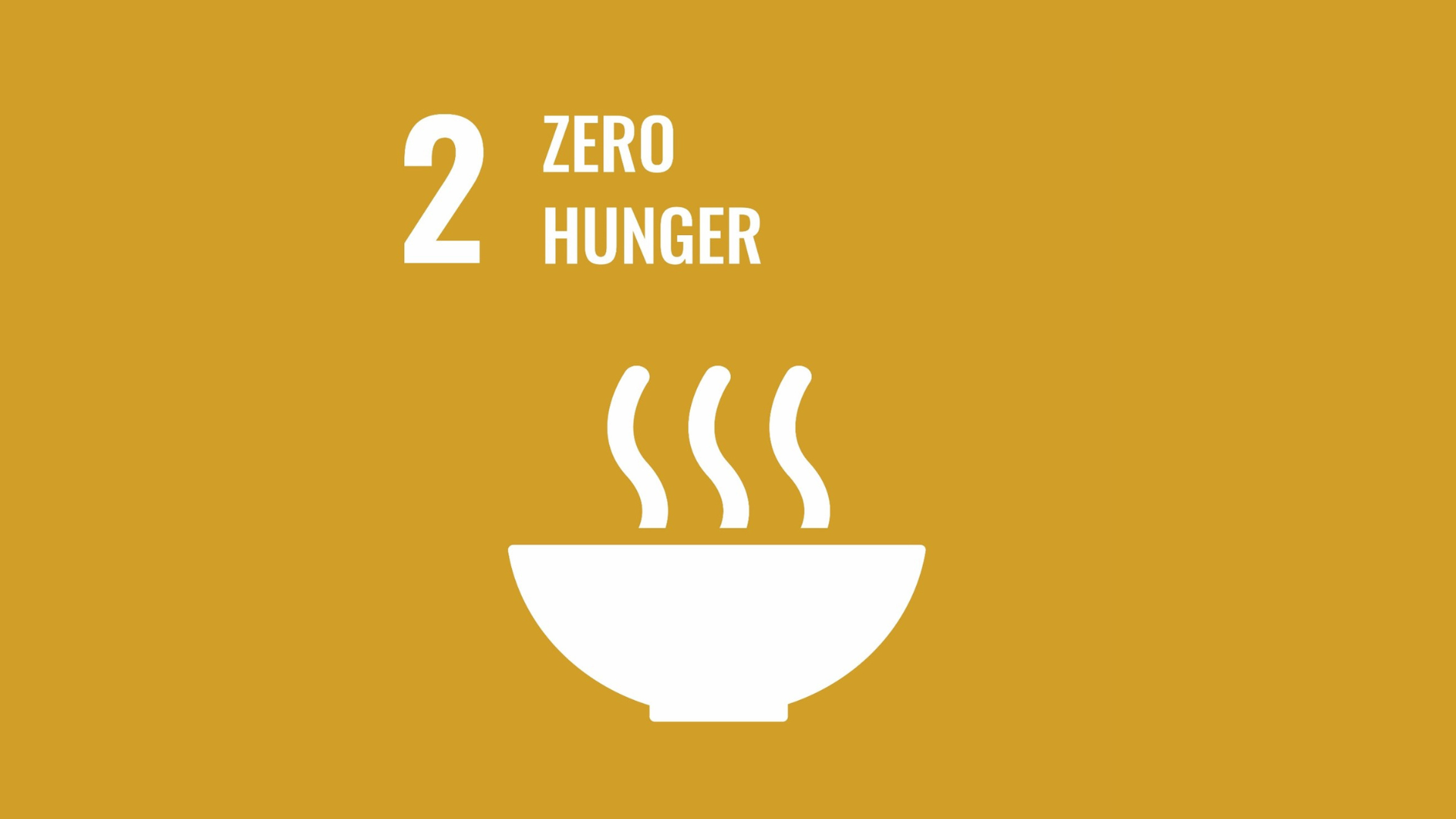
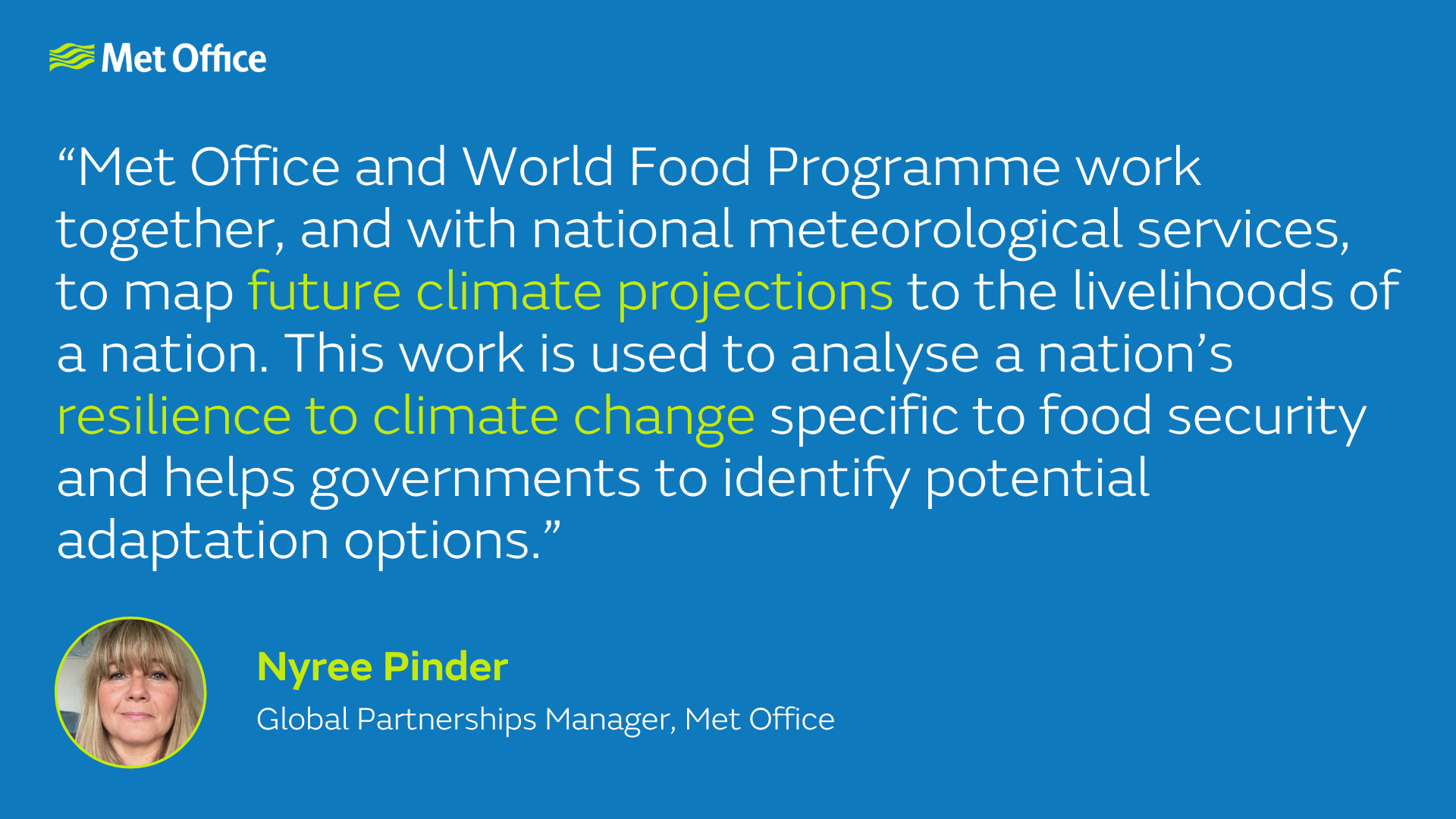 Food insecurity is projected to increase by the 2050s regardless of greenhouse gas emissions. However, rapid emissions reduction could help stabilise food vulnerability between the 2050s and 2080s. The World Food Programme and the Met Office have developed an index measuring how climate affects food security. Using current conditions as a baseline, this tool uses climate projections and socio-economic scenarios to evaluate mitigation benefits on food insecurity.
Food insecurity is projected to increase by the 2050s regardless of greenhouse gas emissions. However, rapid emissions reduction could help stabilise food vulnerability between the 2050s and 2080s. The World Food Programme and the Met Office have developed an index measuring how climate affects food security. Using current conditions as a baseline, this tool uses climate projections and socio-economic scenarios to evaluate mitigation benefits on food insecurity.
Goal 3 - Good health and wellbeing
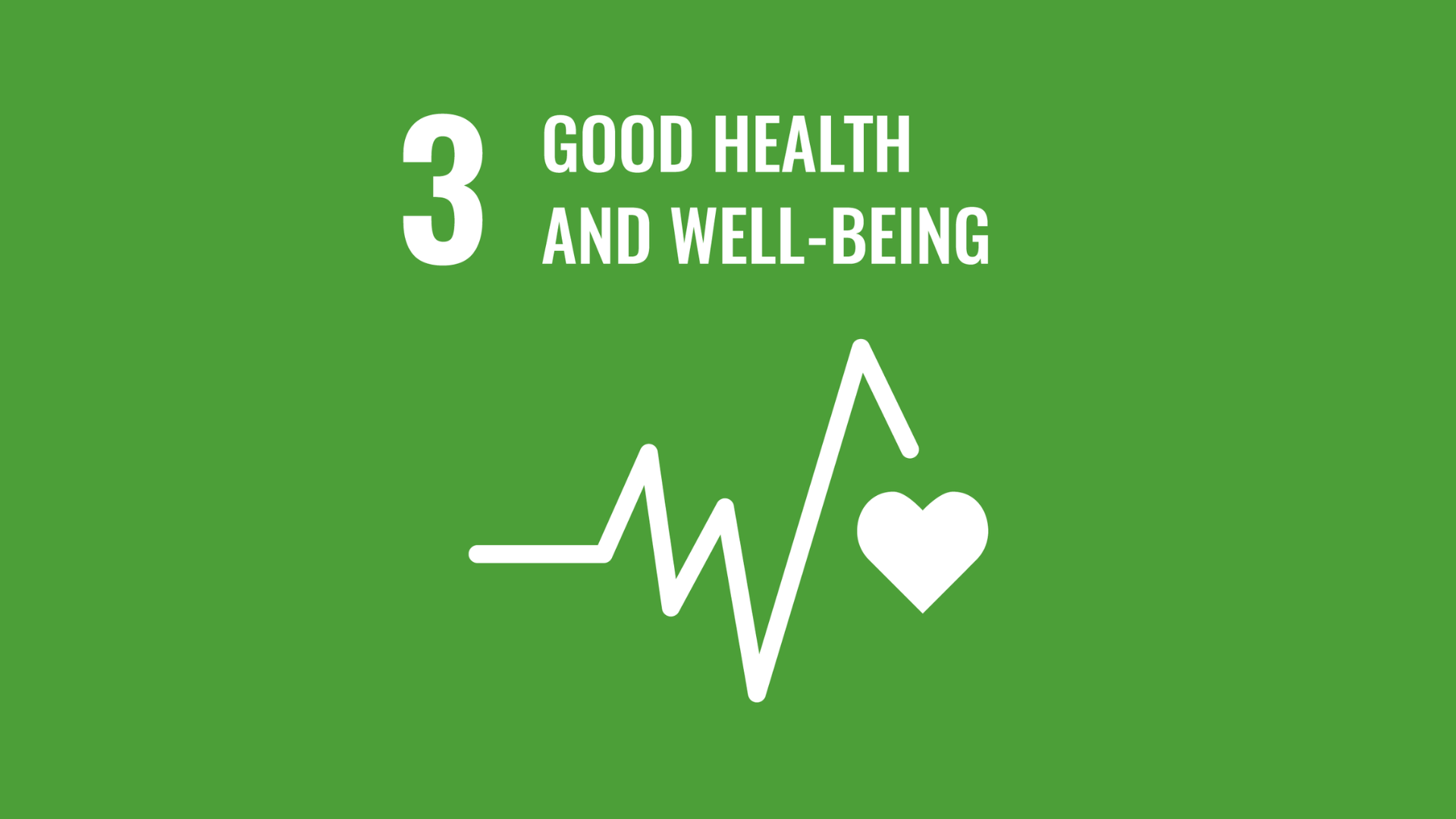
 Air pollution causes up to 40,000 early deaths and costs health services and businesses up to £20 billion annually in the UK. The Met Office and Natural Environment Research Council (NERC) lead the Clean Air programme, supporting quality research to develop practical solutions for UK air quality issues. The programme includes the Met Office Air Quality Data Portal, which consolidates national data from 2003-2019 in one location.
Air pollution causes up to 40,000 early deaths and costs health services and businesses up to £20 billion annually in the UK. The Met Office and Natural Environment Research Council (NERC) lead the Clean Air programme, supporting quality research to develop practical solutions for UK air quality issues. The programme includes the Met Office Air Quality Data Portal, which consolidates national data from 2003-2019 in one location.
Goal 7 - Affordable and clean energy
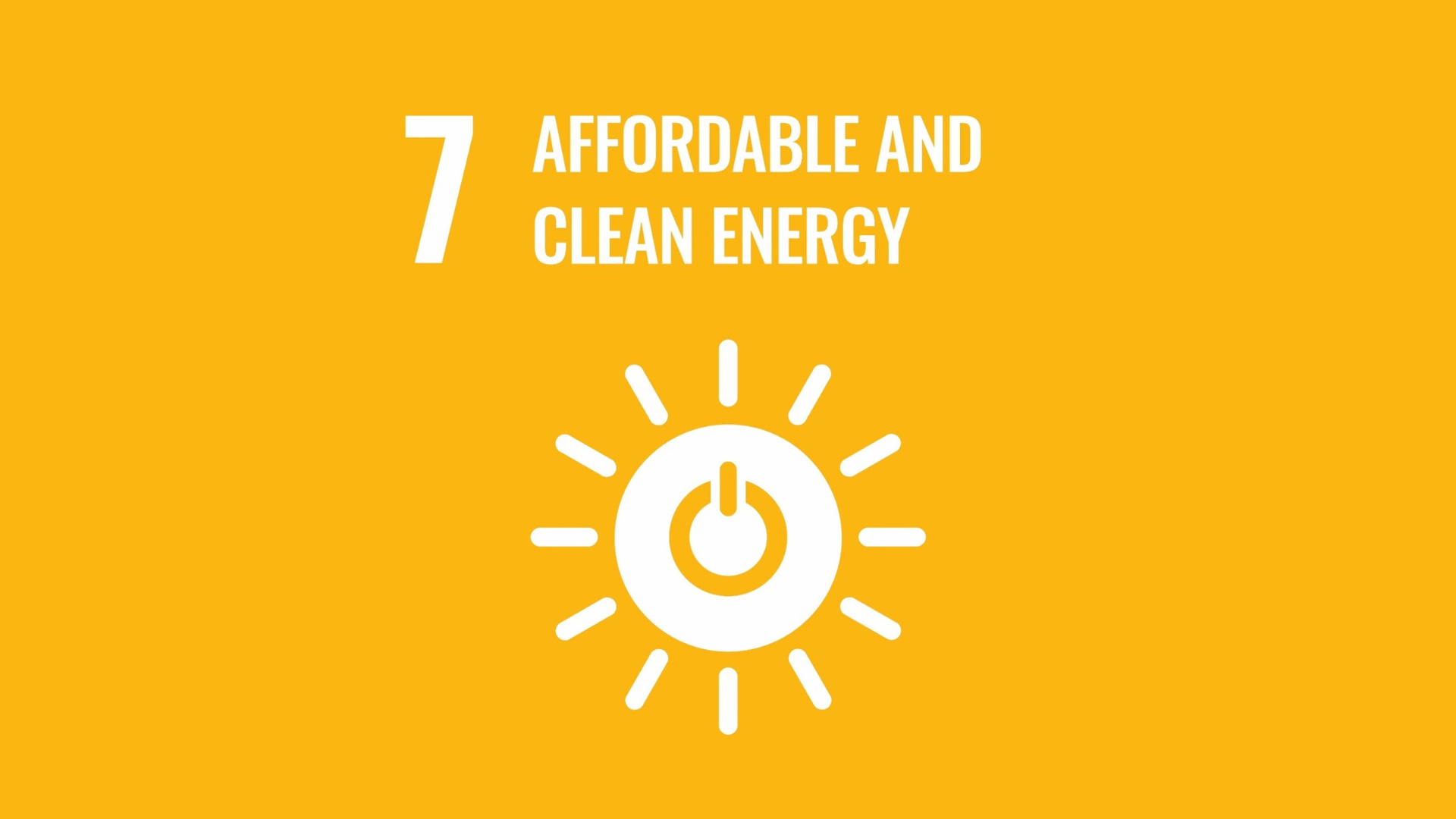
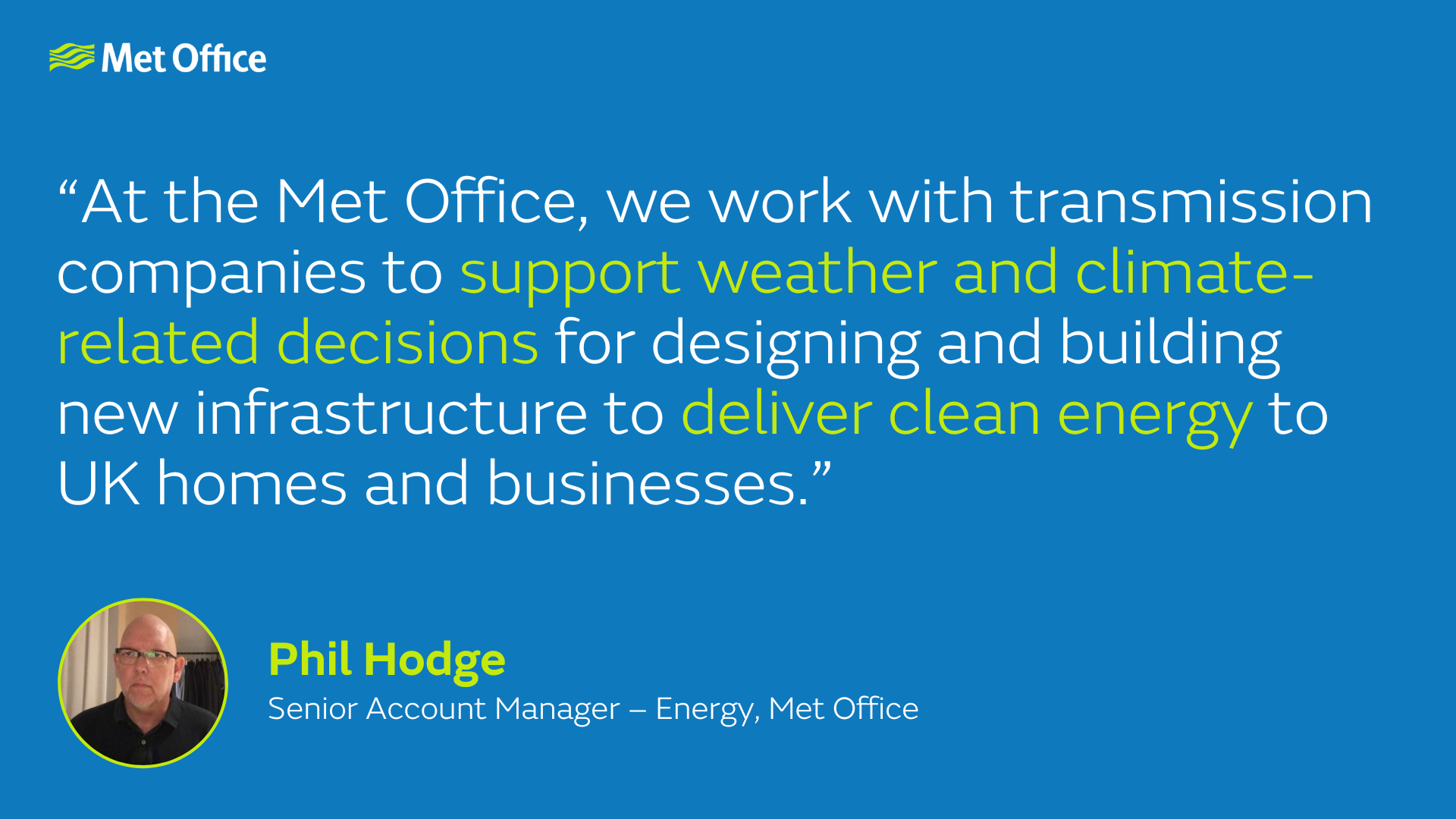 Our work is more important than ever as we move towards Net Zero and transition to a better energy future. The Met Office provides the energy sector with the specialist forecasts, data and industrial science consultancy which aids in the management of the electricity network. We also work with distribution and transmission companies to understand the impact of weather and climate change across renewables, oil and gas and nuclear.
Our work is more important than ever as we move towards Net Zero and transition to a better energy future. The Met Office provides the energy sector with the specialist forecasts, data and industrial science consultancy which aids in the management of the electricity network. We also work with distribution and transmission companies to understand the impact of weather and climate change across renewables, oil and gas and nuclear.
Goal 13 - Climate action
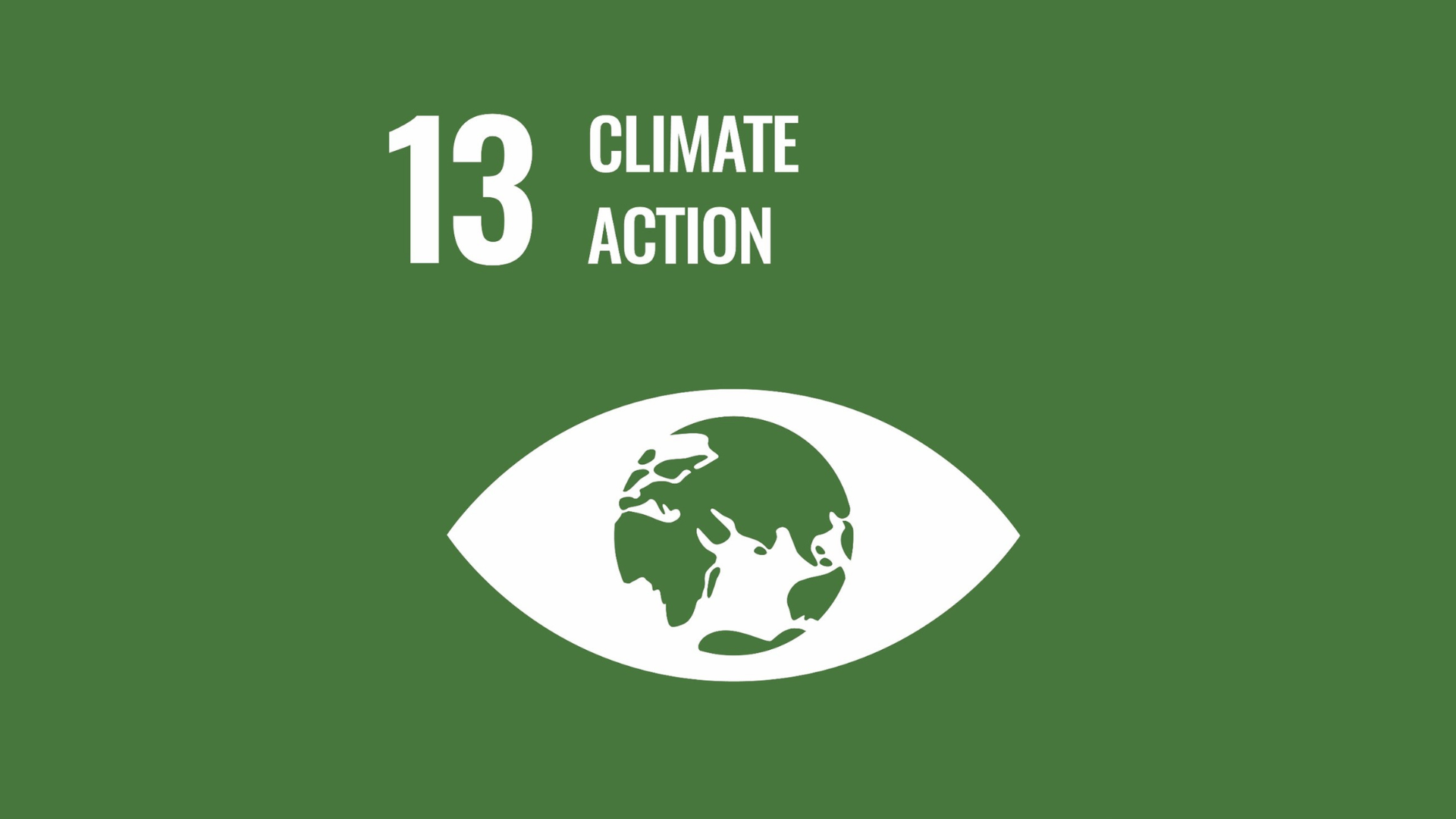
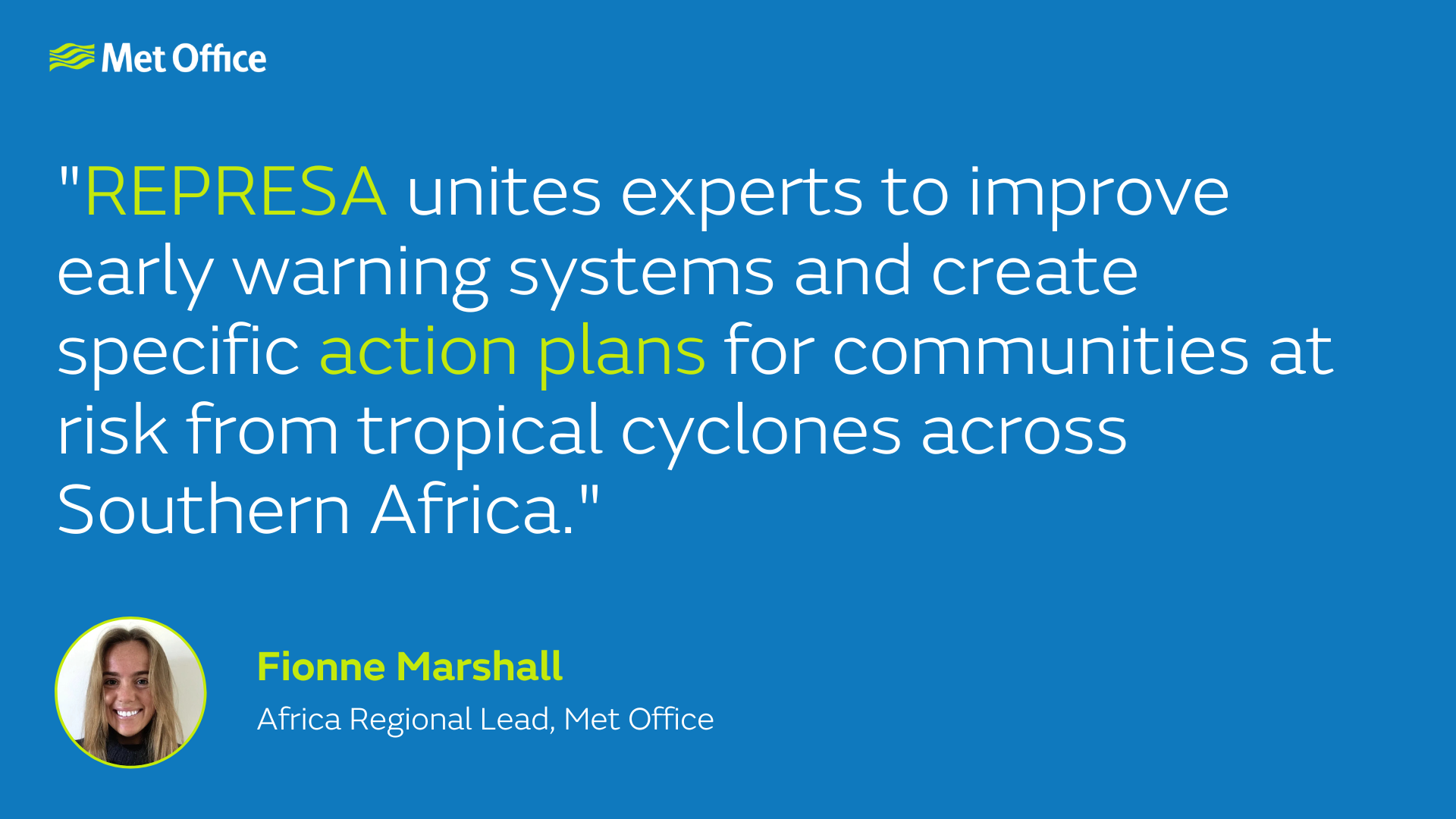 The impacts of Tropical Cyclones are devastating. In March 2019, over 1000 people died following the worst flood disaster in the region’s history caused by the landfall of Tropical Cyclone Idai. Resilience and Preparedness to tropical cyclones across Southern Africa (REPRESA) aims to provide necessary understanding of compound Tropical Cyclone flood risks and the likelihood of unprecedented impacts, through state-of-art climate and flood modelling. It pulls-through scientific advances to achieve improved resilience through in-country leadership, training, and community engagement.
The impacts of Tropical Cyclones are devastating. In March 2019, over 1000 people died following the worst flood disaster in the region’s history caused by the landfall of Tropical Cyclone Idai. Resilience and Preparedness to tropical cyclones across Southern Africa (REPRESA) aims to provide necessary understanding of compound Tropical Cyclone flood risks and the likelihood of unprecedented impacts, through state-of-art climate and flood modelling. It pulls-through scientific advances to achieve improved resilience through in-country leadership, training, and community engagement.
Goal 15 - Life on land
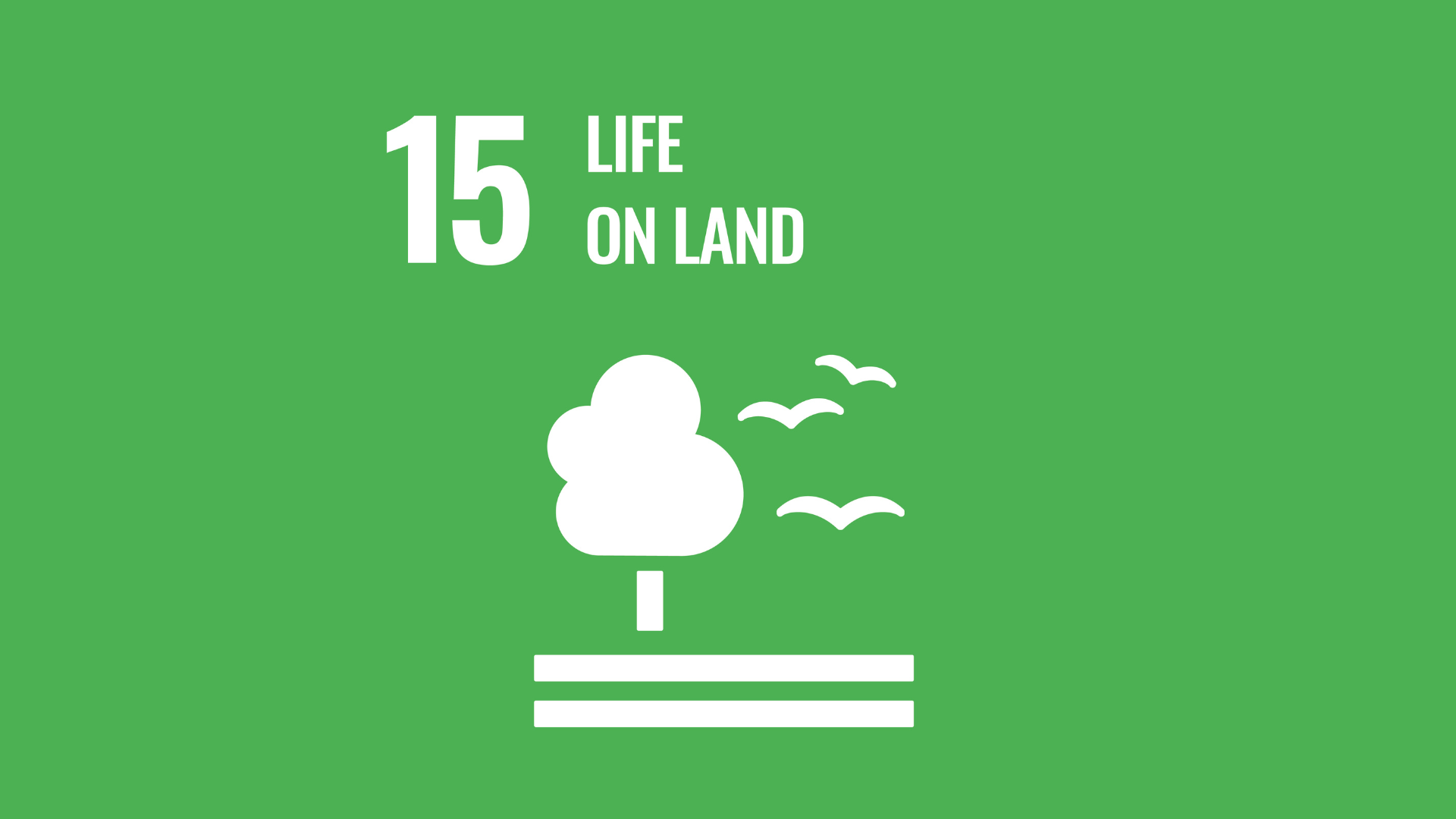
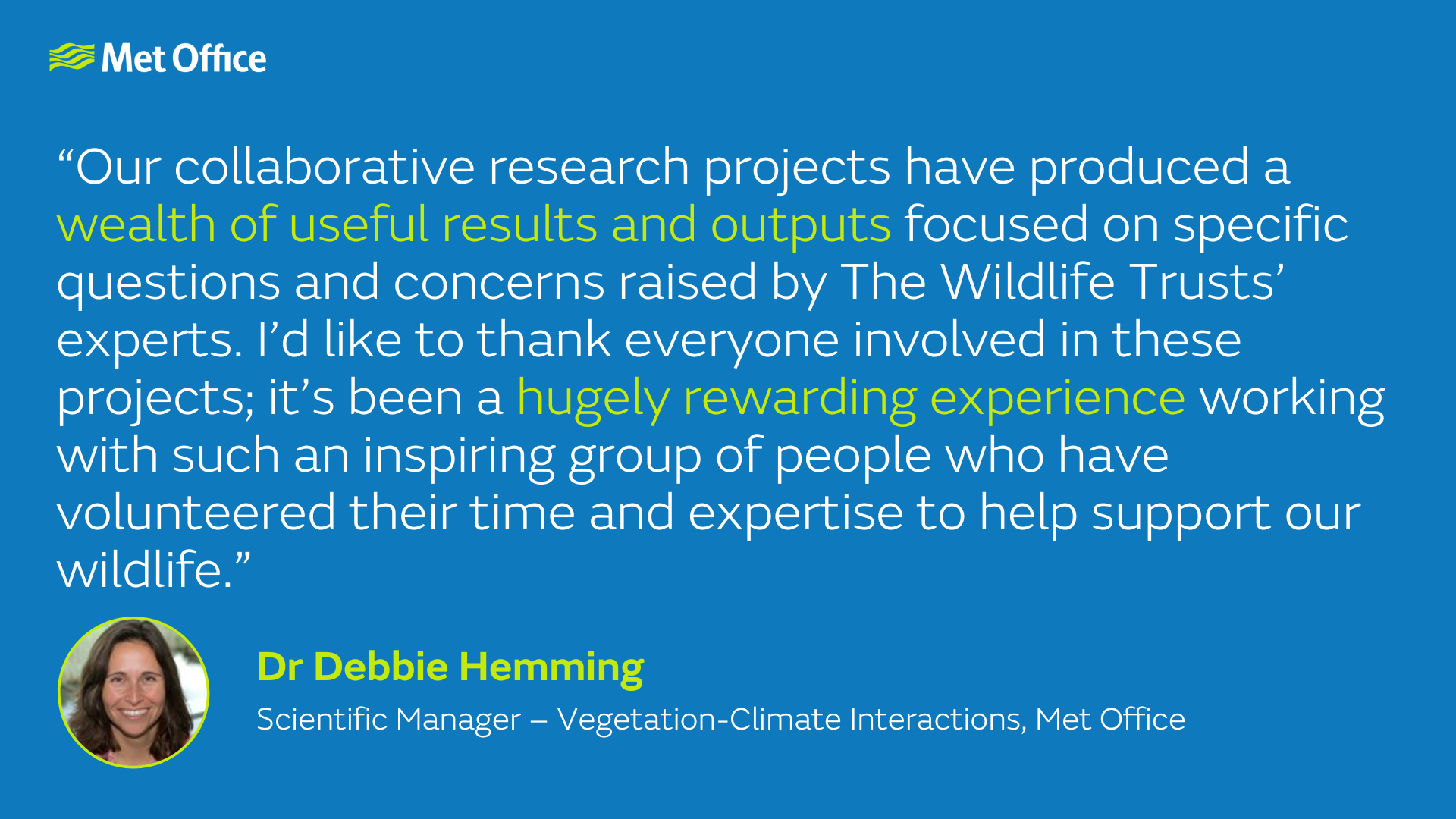 Goal 15 underscores the critical importance of biodiversity as humanity’s life-support system. This goal strives to protect, restore and promote sustainable use of terrestrial ecosystems. At the Met Office, we are proud holders of Wildlife Trusts' Biodiversity Benchmark for our headquarters and are involved in the Civil Service Network for Nature. Additionally, over the past year, we have worked on exciting and worthwhile research projects in partnership with The Wildlife Trusts, our corporate charity. Including exploring relationships between recent weather and climate variations and the nesting success of Barn owls in Northern Ireland.
Goal 15 underscores the critical importance of biodiversity as humanity’s life-support system. This goal strives to protect, restore and promote sustainable use of terrestrial ecosystems. At the Met Office, we are proud holders of Wildlife Trusts' Biodiversity Benchmark for our headquarters and are involved in the Civil Service Network for Nature. Additionally, over the past year, we have worked on exciting and worthwhile research projects in partnership with The Wildlife Trusts, our corporate charity. Including exploring relationships between recent weather and climate variations and the nesting success of Barn owls in Northern Ireland.


